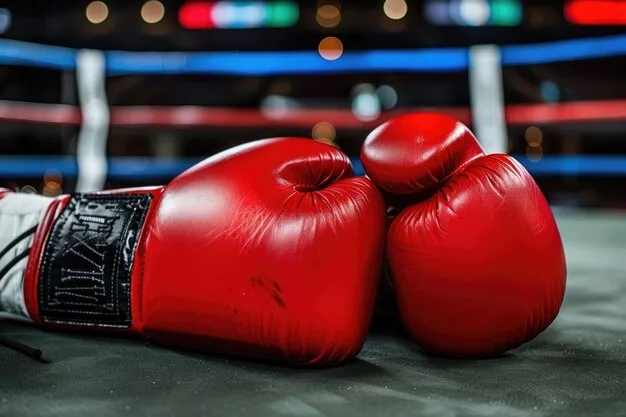Japanese boxing authorities announced a series of urgent safety reforms on Tuesday, including the introduction of urine tests, stricter regulations on weight-cutting, and improved ringside medical coverage, following the deaths of two professional fighters.
The new measures were agreed upon during an emergency meeting between the Japan Pro Boxing Association (JPBA), the Japan Boxing Commission (JBC), and gym owners. The meeting was convened after the tragic deaths of super featherweight Shigetoshi Kotari and lightweight Hiromasa Urakawa, both 28, who passed away days after undergoing brain surgery for injuries sustained in separate bouts at Tokyo’s Korakuen Hall on August 2.
Although the exact causes of death are still under investigation, the World Boxing Association notes that rapid weight loss and dehydration can increase the brain’s vulnerability to bleeding during impact.
“The deaths are truly regrettable,” said JPBA President Shoji Kobayashi. “Today, we came together to create a roadmap toward zero accidents.”
As part of the new safety measures, boxers will now undergo urine tests to monitor dehydration levels before bouts. The JBC will also enforce stricter rules to discourage dangerous practices of rapid weight loss, commonly known as “cutting.” In addition, ambulances will be mandatory at all boxing matches, including non-title bouts, and organizers will coordinate with hospitals equipped to perform emergency brain surgery in case of critical injuries.
Training protocols will also be adjusted. Officials announced that sparring must stop a certain number of days before a scheduled fight, although the specific time frame is yet to be finalized.
“These changes will be introduced as soon as possible,” said Tsuyoshi Yasukochi, Secretary-General of the JBC. “We must ensure that the deaths of these two fighters are not in vain.”
Kotari collapsed after a grueling 12-round Oriental and Pacific Boxing Federation (OPBF) title match. In response, the JBC has already shortened all future OPBF title bouts from 12 to 10 rounds.
“This kind of tragedy involving elite-level athletes could prompt calls for boxing to be suspended entirely,” said Toshiharu Kayama, former national welterweight champion and head of the Ebisu K’s Box gym. “It’s clear that both the gyms and the association need to rethink how we approach the sport.”
An official accident investigation committee will meet later this month to determine the causes of the fighters’ deaths and update safety guidelines accordingly. A broader safety conference involving medical professionals and representatives from the amateur boxing federation is also scheduled.
AFP


